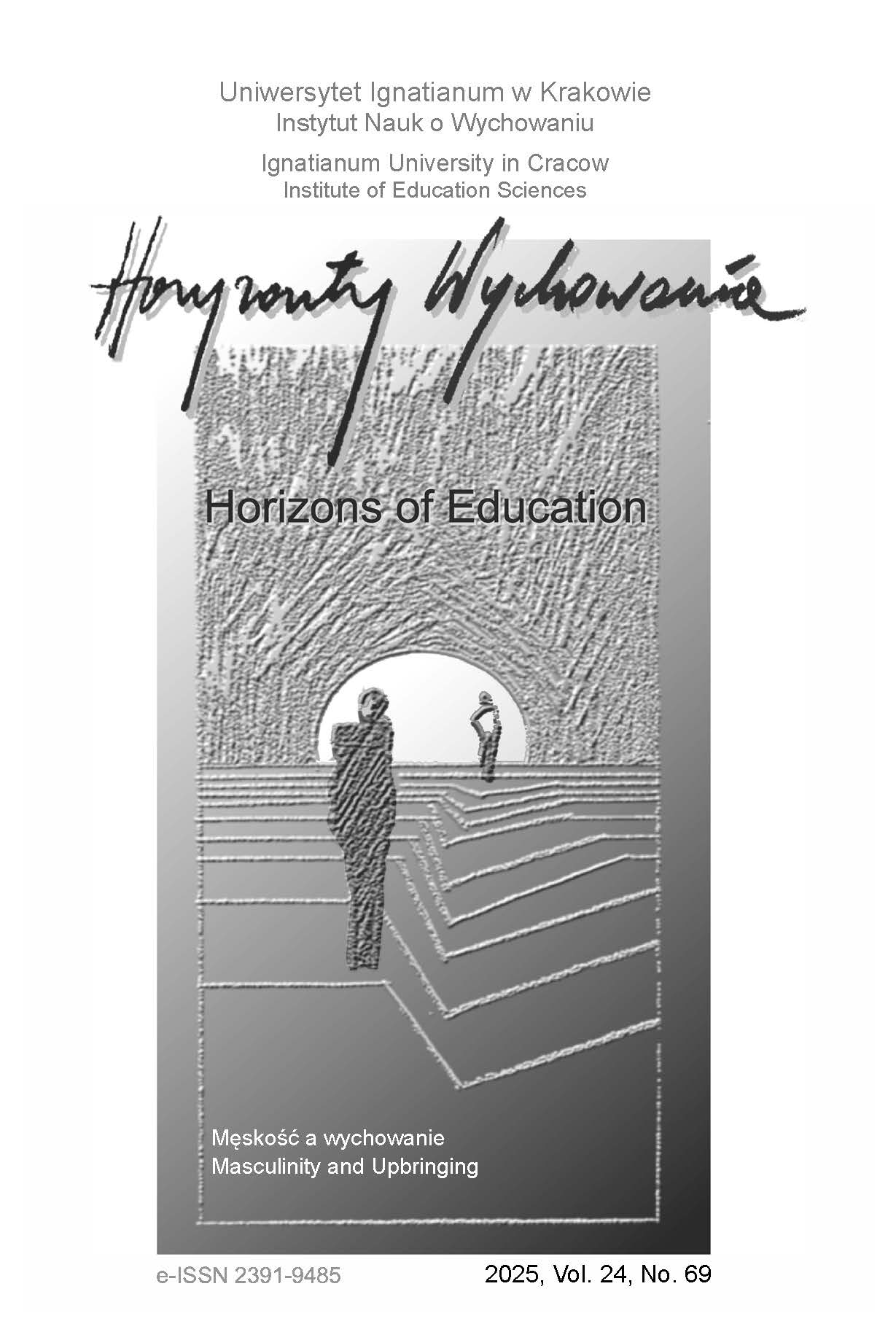Group Collaboration and Inclusive Education:
A Symmetrical Inclusion Perspective
Group Collaboration and Inclusive Education:
A Symmetrical Inclusion Perspective
Author(s): Małgorzata Pietrzak, Ewelina SobochaSubject(s): Inclusive Education / Inclusion, Sociology of Education
Published by: Uniwersytet Ignatianum w Krakowie
Keywords: symmetrical inclusion; inclusive education; collaborative learning; intellectual disability; university students;
Summary/Abstract: RESEARCH OBJECTIVE: This study aims to examine and describe practical activities devel-oped through participant observation of both able-bodied and disabled youth involved in collabo-rative educational projects.THE RESEARCH PROBLEM AND METHODS: The research problem is articulated as follows:What elements of youth collaboration should be integrated into educational activities? Specifically,the study explores who constitutes the group, the objectives of the meetings, the substantive con-tent of the activities, the locations where these activities occur, and the methods employed. Theseactivities stem from an ongoing partnership between Special Education School Complex No. 3in Krakow and the Institute of Geography and Spatial Management at Jagiellonian University, whichhas been in place since 2016. Methods used in the study include participant observation, surveys,interviews, and reflective analysis.THE PROCESS OF ARGUMENTATION: The study outlines its objectives and proposes practi-cal solutions through a structured argument. It begins with an introduction to the issue, followedby a description of collaboration and inclusive education, a detailed explanation of symmetrical in-clusion, and an examination of practical applications such as creating inclusive urban spaces, or-ganizing forest expeditions, and designing geographical pop-up books. The study also providesguidelines for effective collaboration based on these experiences.RESEARCH RESULTS: The research presents examples of practical activities and collaborativeefforts within the framework of symmetrical inclusion, involving both university students and intel-lectually disabled youth. These activities offer valuable insights and can serve as models for usein various educational contexts. CONCLUSIONS, RECOMMENDATIONS, AND APPLICABLE VALUE OF RESEARCH: Lev-eraging diverse learning styles and individual differences within youth groups not only enriches theeducational experience but also supports the development of essential social and emotional compe-tencies. The study highlights the importance of focusing on clear objectives and hands-on, multisen-sory activities to nurture partnerships, stimulate creativity, and seek solutions in relationship-building.
Journal: Horyzonty Wychowania
- Issue Year: 23/2024
- Issue No: 68
- Page Range: 69-82
- Page Count: 14
- Language: English

